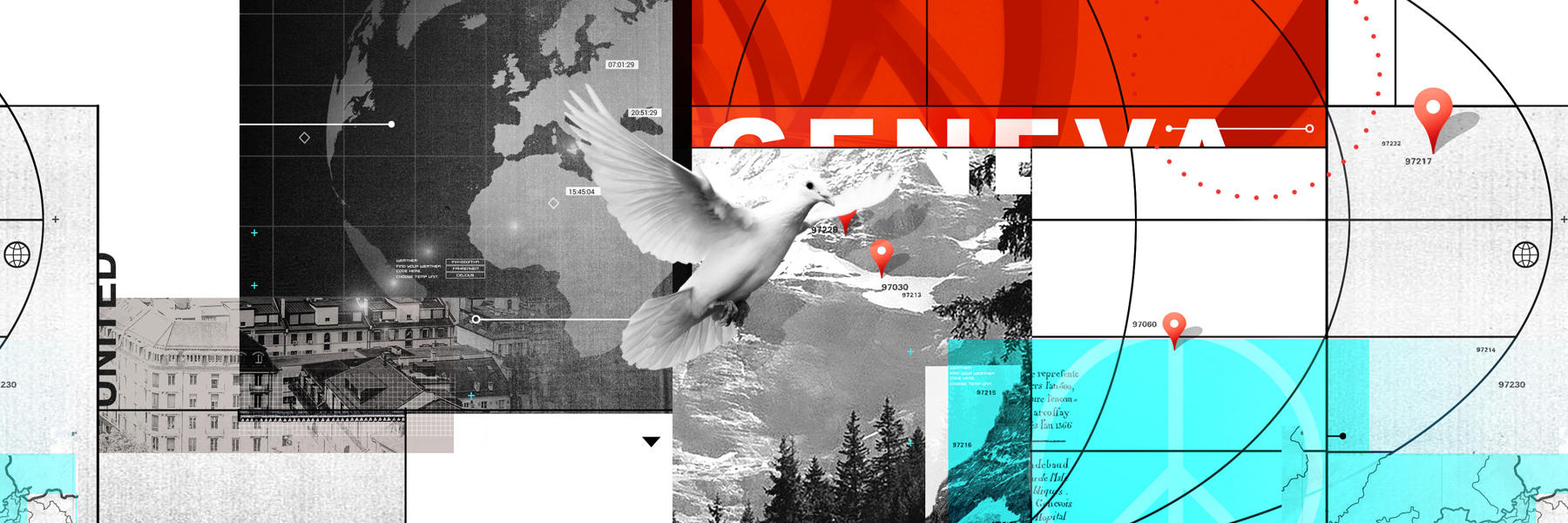Refugee crises: has Ukraine changed perceptions?
Europe has shown a big welcome to refugees from Ukraine. The Inside Geneva podcast asks whether this generosity will be extended to others.
Podcast host Imogen Foulkes is joined in this episode by refugee policy experts.
“The Ukraine crisis has really humanised the refugee issue, people have been able to see women, children, men in extremely difficult circumstances,” says Jeff Crisp, an expert on refugee policy with the University of Oxford’s Refugee Studies Centre.
“As someone who understands the horrors of war very well, I was so happy to see countries in Europe opening their borders to Ukrainian refugees. But the question is: what was happening before that?” asks refugee and activist Nhial Deng.
According to the UN, 100 million people worldwide are currently forcibly displaced. Are we really honouring the 1951 Refugee Convention, which outlines the rights of refugees and the obligations of states to protect them?
“We do need to continue education and commitment to these principles, because we never know when they’re going to be needed,” says Gillian Triggs, Assistant High Commissioner for Protection at the UN Refugee Agency.
For more insights and discussions from Switzerland’s international city, subscribe to Inside Geneva on Apple PodcastsExternal link, SpotifyExternal link, or wherever you get your podcasts. And subscribe to our newsletter to get all the International Geneva news and views from Imogen Foulkes in your inbox.
Sign up! The latest updates from International Geneva – in your inbox
For more audio content from SWI swissinfo.ch, explore The Swiss Connection, a podcast with Swiss stories for the world.

More
The Swiss Connection Podcast: Hear Swiss science stories for the world

In compliance with the JTI standards
More: SWI swissinfo.ch certified by the Journalism Trust Initiative














You can find an overview of ongoing debates with our journalists here . Please join us!
If you want to start a conversation about a topic raised in this article or want to report factual errors, email us at english@swissinfo.ch.